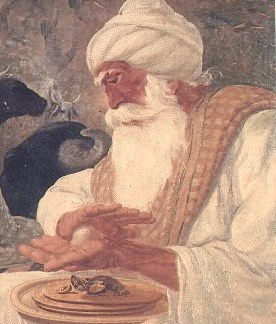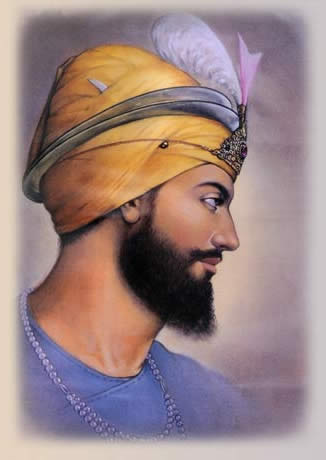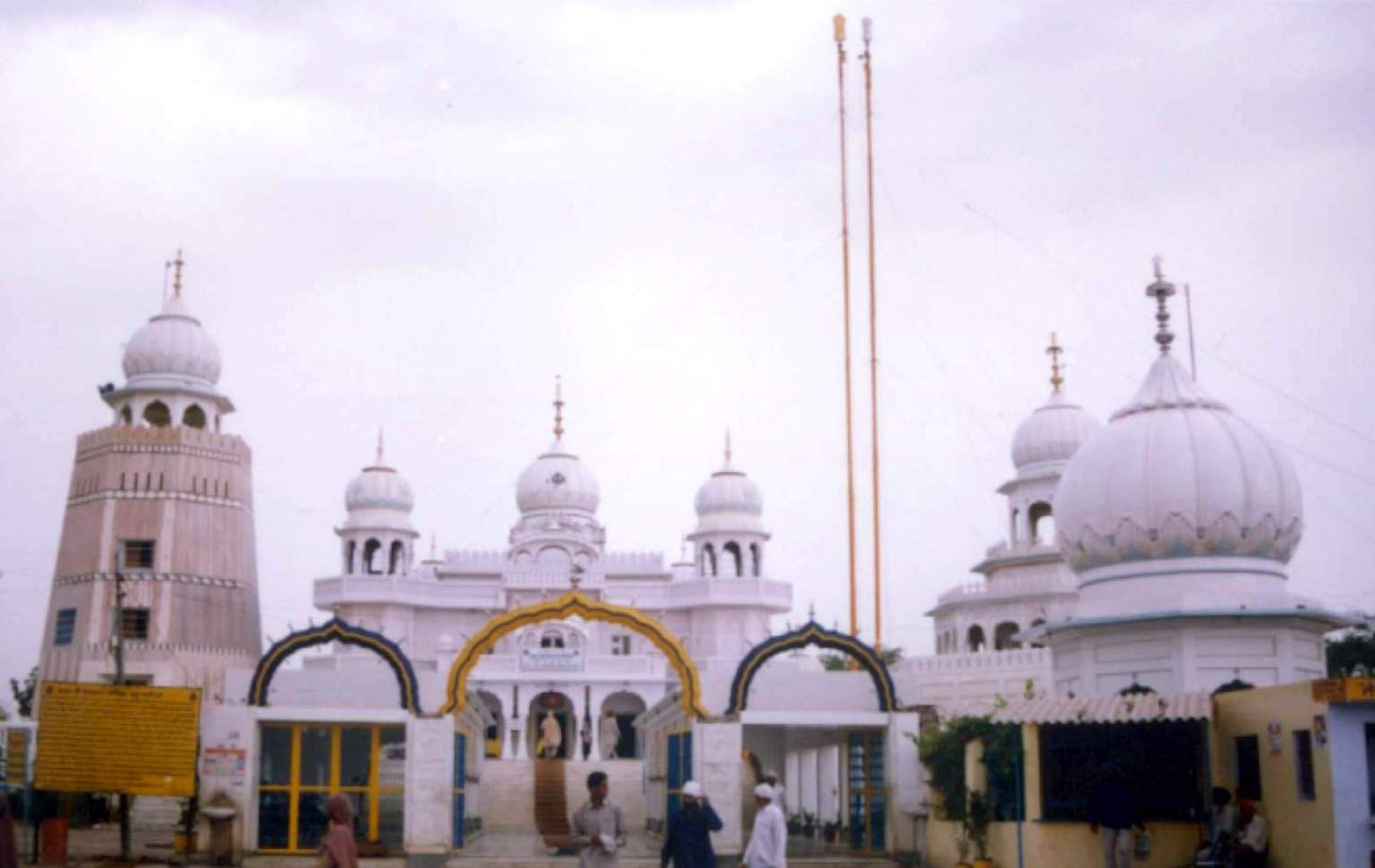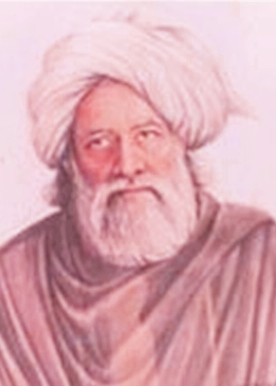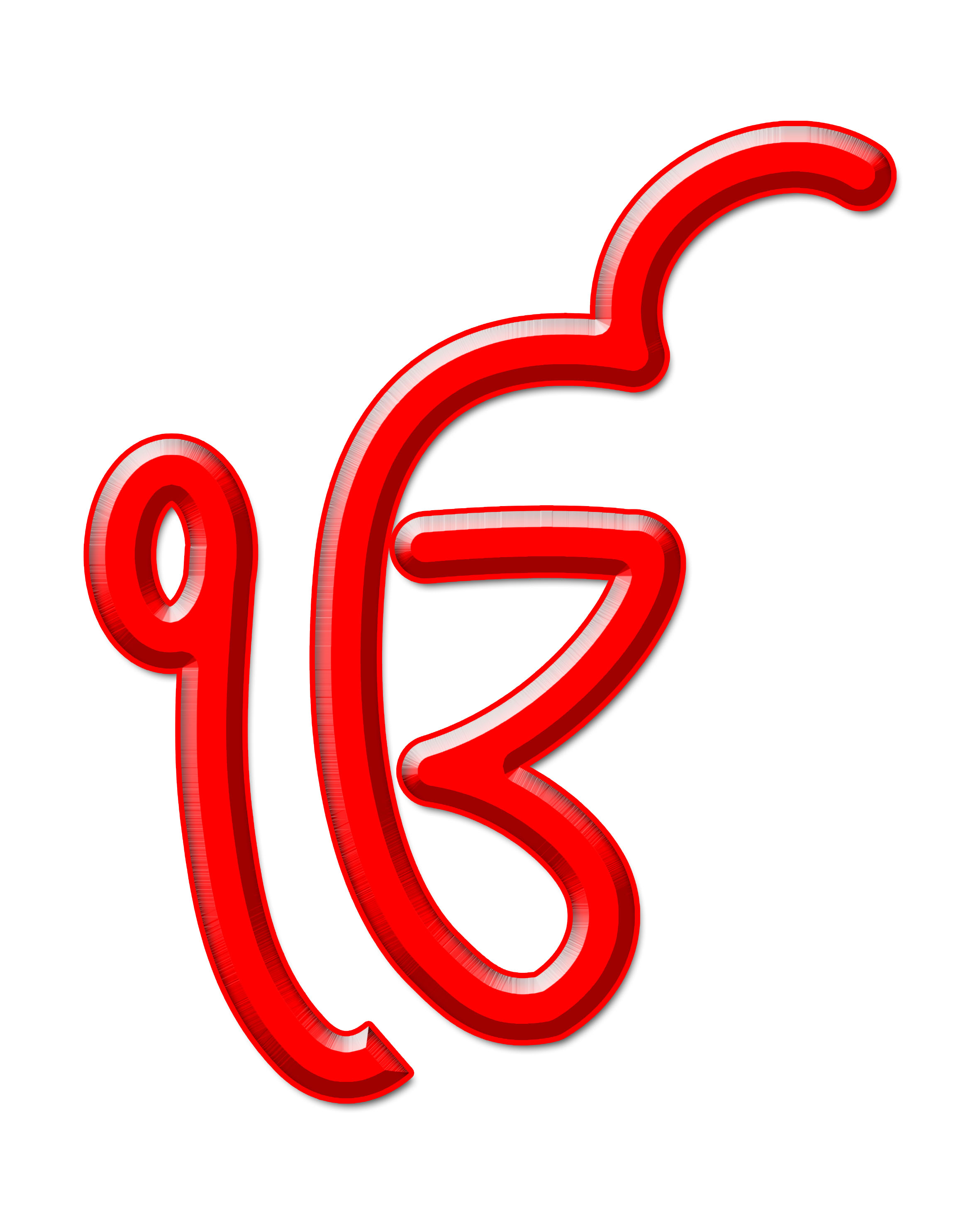Main Page: Difference between revisions
Hari singh (talk | contribs) mNo edit summary |
Hari singh (talk | contribs) No edit summary |
||
| Line 8: | Line 8: | ||
<div style="top: +0.2em; font-size: 95%">a '''free Sikh Encyclopedia''' [[Introduction|'''and learning tool...''']]</div> | <div style="top: +0.2em; font-size: 95%">a '''free Sikh Encyclopedia''' [[Introduction|'''and learning tool...''']]</div> | ||
<div id="articlecount" style="font-size:85%;">[[Special:Statistics|... with {{NUMBEROFARTICLES}} articles on]] [[Sikhism]]; [[SikhiWiki:Hits|total hits on this page<br> | <div id="articlecount" style="font-size:85%;">[[Special:Statistics|... with {{NUMBEROFARTICLES}} articles on]] [[Sikhism]]; [[SikhiWiki:Hits|total hits on this page<br> | ||
of 1, | of 1,477,055+ &]] [[Google 2008|total of {{NUMBEROFVIEWS}} pages viewed at the site.]]<br> | ||
{{SSA}}, {{WKWF}}</div> | {{SSA}}, {{WKWF}}</div> | ||
|style="width:19%;font-size:87%;color:#000"| | |style="width:19%;font-size:87%;color:#000"| | ||
Revision as of 05:23, 19 February 2010
Welcome to SikhiWiki,a free Sikh Encyclopedia and learning tool...
... with 6,365 articles on Sikhism; total hits on this page
of 1,477,055+ & [[Google 2008|total of Template:NUMBEROFVIEWS pages viewed at the site.]] Sat Sri Akal, Waheguru ji ka Khalsa, Waheguru ji ki Fateh |
| Monday October 6, 2025 |
|
Baba Buddha ji (6 October 1506 - 8 September 1631), one of the most venerated, primal figures of early Sikhism, was born on 6 October 1506 at the village of Katthu Nangal, 18 km north east of Amritsar. After sometime the family settled down in Dhalla village not far away from river Ravi opposite Kartarpur. Bura, as he was originally named, was the only son of Bhai Suggha, a Jatt of Randhava clan, and Mai Gauran, born into a Sandhu family. Bhai Budha occupies a unique position in Sikh history. He applied the tilak of guruship to five Gurus, saw seven Gurus and remained in close association with first six Sikh Gurus from 1521 to 1631 for over one hundred years. He was the first priest of Harimandir Sahib, and laid the foundations of Dera Baba Nanak and most of the holy buildings at Amritsar. As a small boy, he was one day grazing cattle outside the village when, in 1524 A.D, Guru Nanak happened to pass by his village. According to Bhai Mani Singh, Sikhan di Bhagat Mala, Bura went up to him and, making obeisance with a bowl of milk as his offering, .....More Daulat Rai, an Arya Samajist was living in India during the late 1800's and the early part of 1900's. He was so disturbed by the publication of books by some Hindu activists whose writings maligned the Sikh Gurus that he was forced to pick up the pen himself. The now famous book: "Sahib-e-Kamal (par excellence) Guru Gobind Singh" was written by him. In his book he reminded Punjabi and Hindus of the humiliation and degradation to which their ancestors were subjected under Mughal rule before the Khalsa liberated them. Quoting various historical sources, he wrote:
Did you know...
Once Baba Bulleh Shah was sitting on the bank of a river when he saw this lady selling carrots. People were coming to buy her produce, but when they start picking and choosing the carrots, she would say, "I only sell carrots in volume; there is no pick and choose." So all these people had to buy carrots in volume/in bulk; not by selection. Then there was this handsome man, who came to her to get carrots. However, this time she herself picked the best carrots for him! Bulleh Shah was quite surprised looking at the incident. So after this men had left, Bulleh Shah went to the lady and asked her. "How come you let him hand pick the carrots; in fact you picked and chose the carrots for him yourself." She replied, "Bulleh Shah ji, he is my husband, there is no counting or accounting between lovers." ....More "Without compassion there is no religion" is a central belief of the Sikhs. The sanctity of this world is held in place by dharam (path of righteousness) which in turn is a product of compassion or daya. Without compassion, this world would turn into hell and neither justice nor righteousness could be found anywhere. The Sikhs consider the Guru a divine spirit which can guide and provide instructions on how to become a better person and a useful member of the sane and saintly society. In the Guru Granth Sahib, the "holy book" of Sikhism, is found the following Shabad or sacred verse:
|
Recent articlesPopular articles
Sikhi FAQ...
Recent articlesPopular articles
| |||||||||||||||||||||||||||||||||||||||||||
Template:2025/10 Template:2025
| Popular Articles on Sikhi Wiki |
|
Mool Mantar | Japji | Sikhism | Dasam Granth | Kirtan | Beliefs | Bani | Gurus | SGGS | Bhai Manjh | Vegetarianism | Bhagat Sain | Bhagat Dhanna | Today | Blogs |

